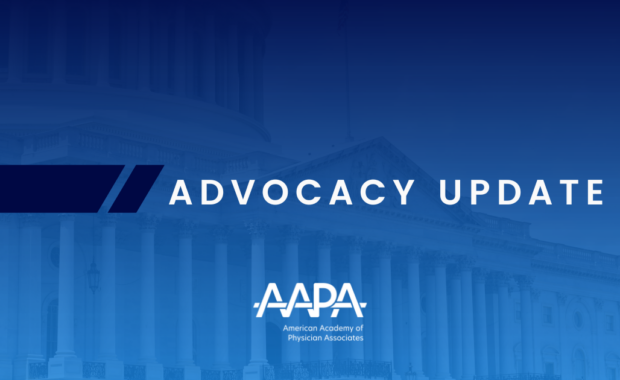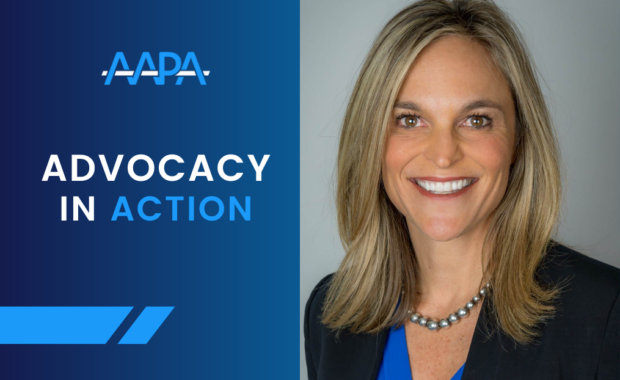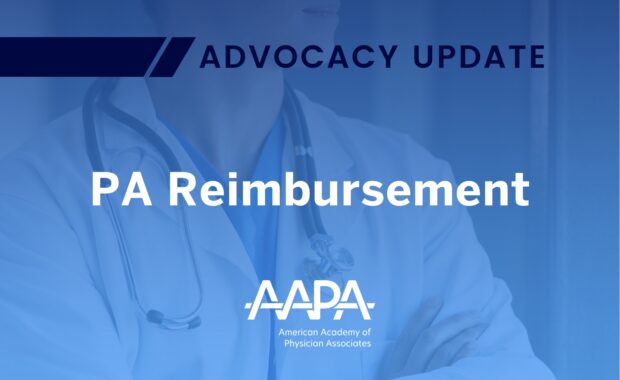New federal overtime regulations postponed (again)
May 3, 2017
Federal regulations to double the minimum salary requirement for exempt professionals are on hold for the third time since being suspended just days before their expected enactment on December 1, 2016. The Department of Labor (DOL) recently requested an extension for submitting its reply brief to the Fifth Circuit Court of Appeals on its overtime rule, which would raise the minimum salary level defining professionals from $23,660 to $47,476.
The filing argued that a third extension was needed “to allow incoming leadership personnel adequate time to consider the issues” and noted that a new Secretary of Labor has yet to be confirmed. The previous extension was set to expire on May 1; the Fifth Circuit Court has granted a 60-day extension to June 30, 2017.
The primary change for PAs in the 2016 final rule would increase the minimum salary used in defining a “learned professional” from $455 to $913 per week ($23,660 to $47,476 annually). “Learned professional,” is the exempt employee category that includes PAs, under the Fair Labor Standards Act (FLSA). The final rule also created an automatic updating mechanism that would adjust the minimum salary level every three years, starting January 1, 2020.
Background on the case
On November 22, 2016, U.S. District Court Judge Amos L. Mazzant granted a preliminary injunction, stopping DOL from implementing and enforcing the new overtime regulations. (State of Nevada ET AL v. United States Department of Labor ET AL No: 4:16-CV-731).
The court said the plaintiffs had established a prima facie case that DOL had overstepped its authority. “A preliminary injunction preserves the status quo while the court determines the department’s authority to make the final rule as well as the final rule’s validity,” said Judge Mazzant in his ruling. The DOL issued a statement expressing its strong disagreement with the decision by the court.
On December 1, 2016, the Department of Justice (DOJ) on behalf of DOL filed a notice that it would appeal the District Court’s ruling. In February, the U.S. Court of Appeals for the Fifth Circuit granted a request from the new Trump administration DOJ for an extension until May 1.
FLSA protections
FLSA was enacted in 1938. It requires that employees receive at least the federal minimum wage for all hours worked. It also requires employers to pay low-wage workers overtime of at least one- and-one-half times their hourly pay for all hours above 40 worked in one week. (For hospitals, the formula is overtime pay for all hours over 80 worked in two weeks.)
FLSA includes some exemptions to overtime requirements. Section 213(a)(1) exempts from minimum wage and overtime “any employee employed in a bona fide executive, administrative, or professional capacity.” DOL has the authority to define the categories, and does so with a combination of duties and salary level.
The 2004 FLSA regulations, currently in effect, require an exempt employee:
- be paid on a salary basis;
- salary of at least $455 weekly (equal to $23,660 a year);
- perform executive, administrative or professional duties.
Plaintiffs protest
The plaintiffs argued that the “significant increase to the salary level creates essentially a de facto salary-only test” and that Congress never intended salary level to substitute for the executive, administrative and professional duties tests to distinguish between exempt and nonexempt employees. The plaintiffs’ case also states that the updating mechanism violates federal administrative requirements because it would automatically impose a higher salary threshold every three years without notice and comment period.
For now, employers will use 2004 regulations
Until litigation and appeals run their course, employers will continue to operate under the 2004 regulations in place prior to issuance of May 23, 2016, Final Rule.
For more information about PAs and the Fair Labor Standards Act, click here.
Thank you for reading AAPA’s News Central
You have 2 articles left this month. Create a free account to read more stories, or become a member for more access to exclusive benefits! Already have an account? Log in.




